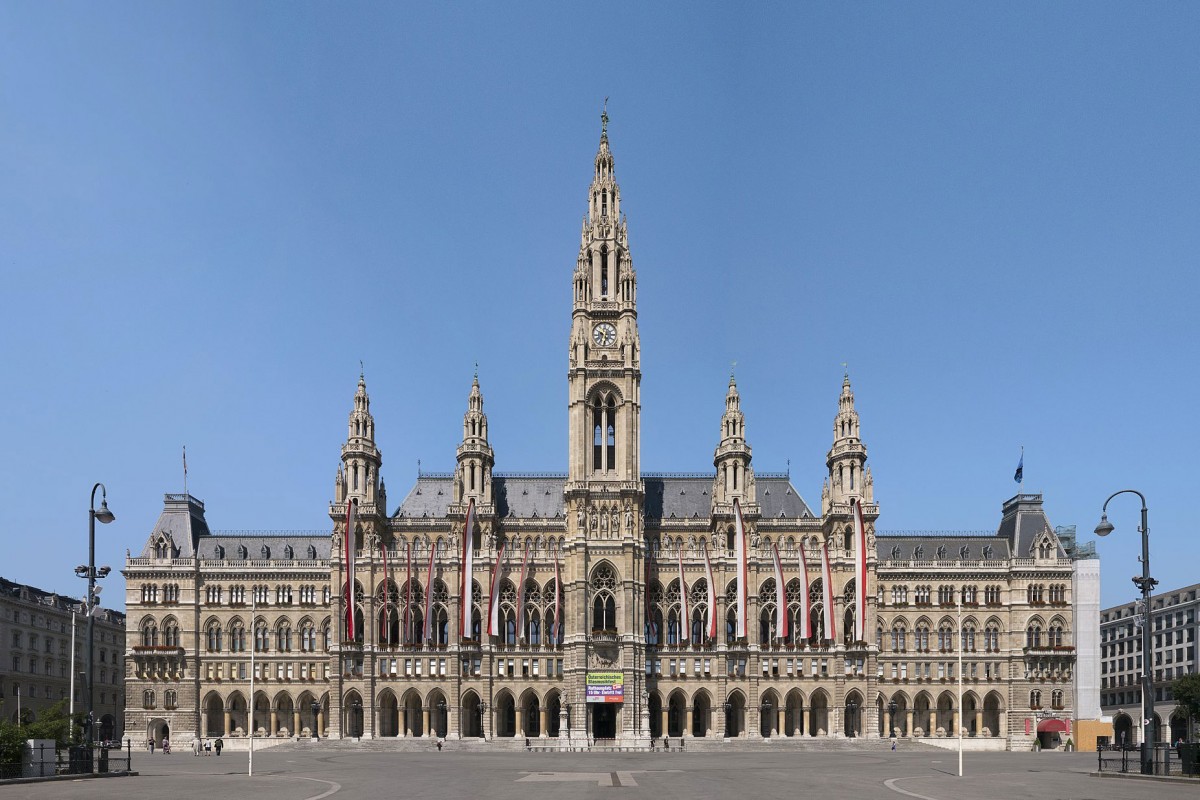Sponsored Content
Skills Shortage in Vienna: Thousands of Jobs at the City of Vienna Remain Unfilled
The City of Vienna is facing a major challenge: The ongoing shortage of skilled workers and the retirement wave of the baby boomers require massive efforts to continue guaranteeing a functioning municipal administration and services of general interest. Despite extensive recruitment measures, thousands of positions are still unfilled.
 Vienna is actively seeking staff through large-scale job campaigns as thousands of vacancies remain unfilled. / Picture: © Wikimedia Commons / Thomas Ledl / CC BY-SA (https://creativecommons.org/licenses/by-sa/4.0)
Vienna is actively seeking staff through large-scale job campaigns as thousands of vacancies remain unfilled. / Picture: © Wikimedia Commons / Thomas Ledl / CC BY-SA (https://creativecommons.org/licenses/by-sa/4.0)
In March 2023, the City of Vienna launched a comprehensive job campaign to cover staffing requirements and encourage people to apply to the city. Numerous initiatives were launched afterwards under the motto “Working in Vienna,” including intensive advertising measures and participation in job fairs. The results of this campaign are impressive: The number of applications increased…
or Log In
Fast News Search





